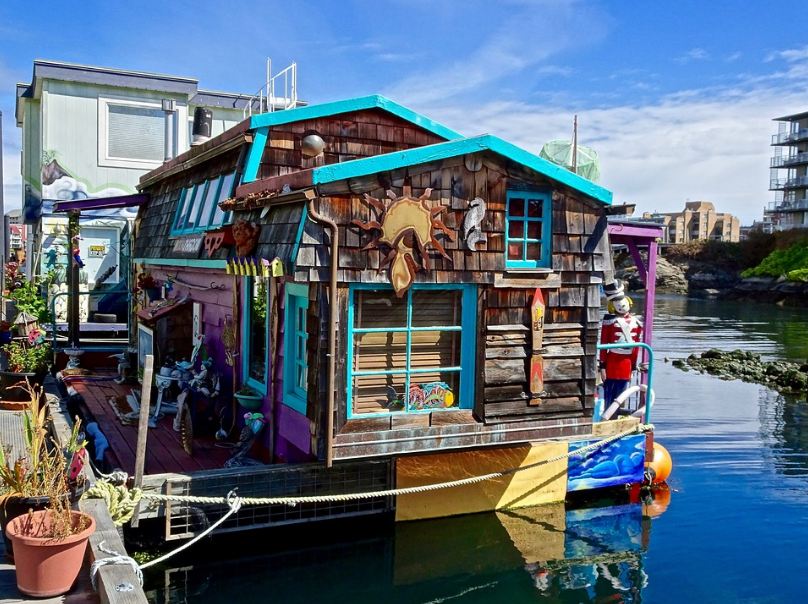Living off-grid is something that many more people are working to do, whether due to the expenses of standard on-grid living, or whether due to choosing to limit government interference, or whether due to the desire to reduce one’s carbon footprint, or some other reason. People are working to be self-sufficient.
Off-grid living is easier in some states than in others, due to regulations and laws set forth by each state. This is fascinating, since the government keeps pushing legislation for “green” practices for both businesses and individuals. It would seem that they would be delighted that people are moving to more environmentally friendly options for electricity and water. However, this has not been the case in many states.
Florida is one of the states in which it is much more difficult to live off-grid. A recent court ruling has made off-grid living a violation of the International Property Maintenance Code, which describes exactly what is required in a dwelling to make it habitable, including electricity, plumbing, windows, and other factors. However, this code does not specifically refer to off-grid living, though it has been applied that way.
Despite the difficulties, it is still possible to learn how to live off-grid in Florida. There are ways to follow the law and still live a self-sufficient sustainable life.
Live out of town
Living in the city without being connected to city utilities is a problem for many areas in Florida. One woman was threatened with eviction if she refused to use city utilities, even though she had solar panels and a rainwater collection setup. It was labeled as not sufficient for stable supply.
However, rural areas are less restricted in this way. Since there are usually few, if any, available utilities to rural areas, living without being connected is much more possible. Florida even has a variety of off-grid Florida properties listed for sale, for those who desire to buy a place to get started. Some of these are just land, but others have off-grid houses or other structures already constructed.
It will be required to have a water source. In most rural areas, this is a well on the property, which is, of course, not connected to city utilities. A septic system is usually a requirement, for obvious reasons. This is often required to be handled by a licensed contractor.
Check the county’s regulations before deciding where to live off grid, as some counties are more restrictive than others, and it can be difficult to work around the more restrictive rules.
Connect to the grid
If the power source (usually solar power) handles the power needs sufficiently, being connected to the grid should not cost much if anything. Some utility companies have it set up so that individuals can actually push power into the grid for credit. It is possible that connecting to the grid can be a source of profit. This will also keep the utility companies and the local government from hassling over a lack of connection, since the dwelling is connected to the utility, even if it is not being used.
Live mobile
A boat or an RV can make off-grid living a possibility for some.
Living in a houseboat makes it difficult to be connected to city utilities, so this is a viable way to get around the restrictions. Additionally, if a problem arises, the boat can be easily moved to a different marina, possibly one that is more friendly to the off-grid life.
An RV can be connected if one chooses a parking place that is connected but living in it on one’s own property can be a way to live off-grid. It is important to check regulations in the county, as some places have declared it illegal to “camp” (which living in an RV is considered in many places) in one place for more than a certain period of time (usually about two weeks), or to camp on one’s own property indefinitely.
Disappear
If Florida cannot find you, living off-grid is no longer an issue. Do not use a cell phone or connect to any utilities; deal in cash rather than cards; do not forward mail. Find an out-of-the-way place to grow food. Being completely self-sufficient will keep one off the radar and make off-grid living less noticeable. If rural land is owned, building a cabin using salvaged materials may be a possibility; however it is important to remember that if the county has regulations on building and a permit has not been obtained, it is illegal, and can get the builder into a lot of trouble. This type of off-grid living is very much a strict change of lifestyle that takes commitment and diligence.
